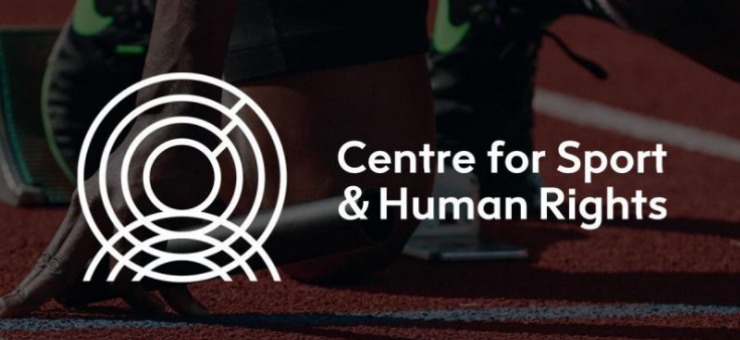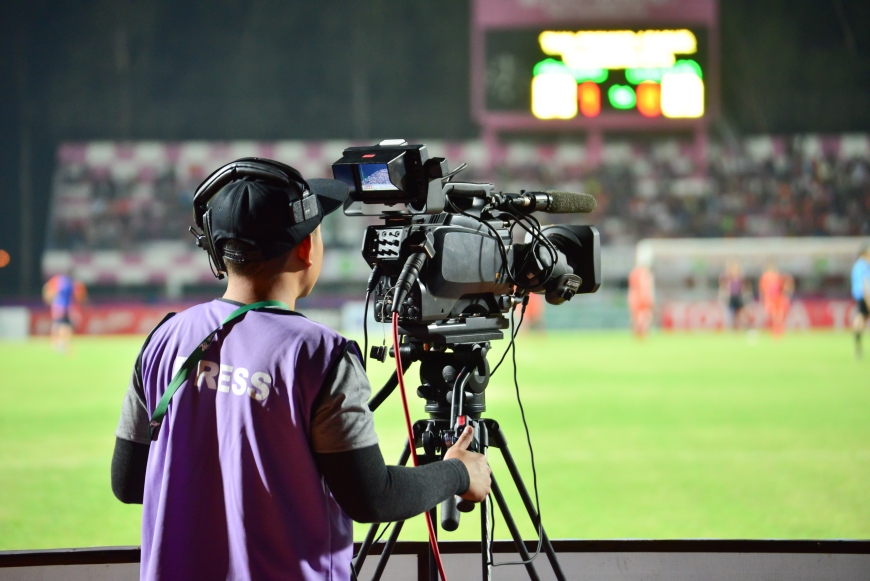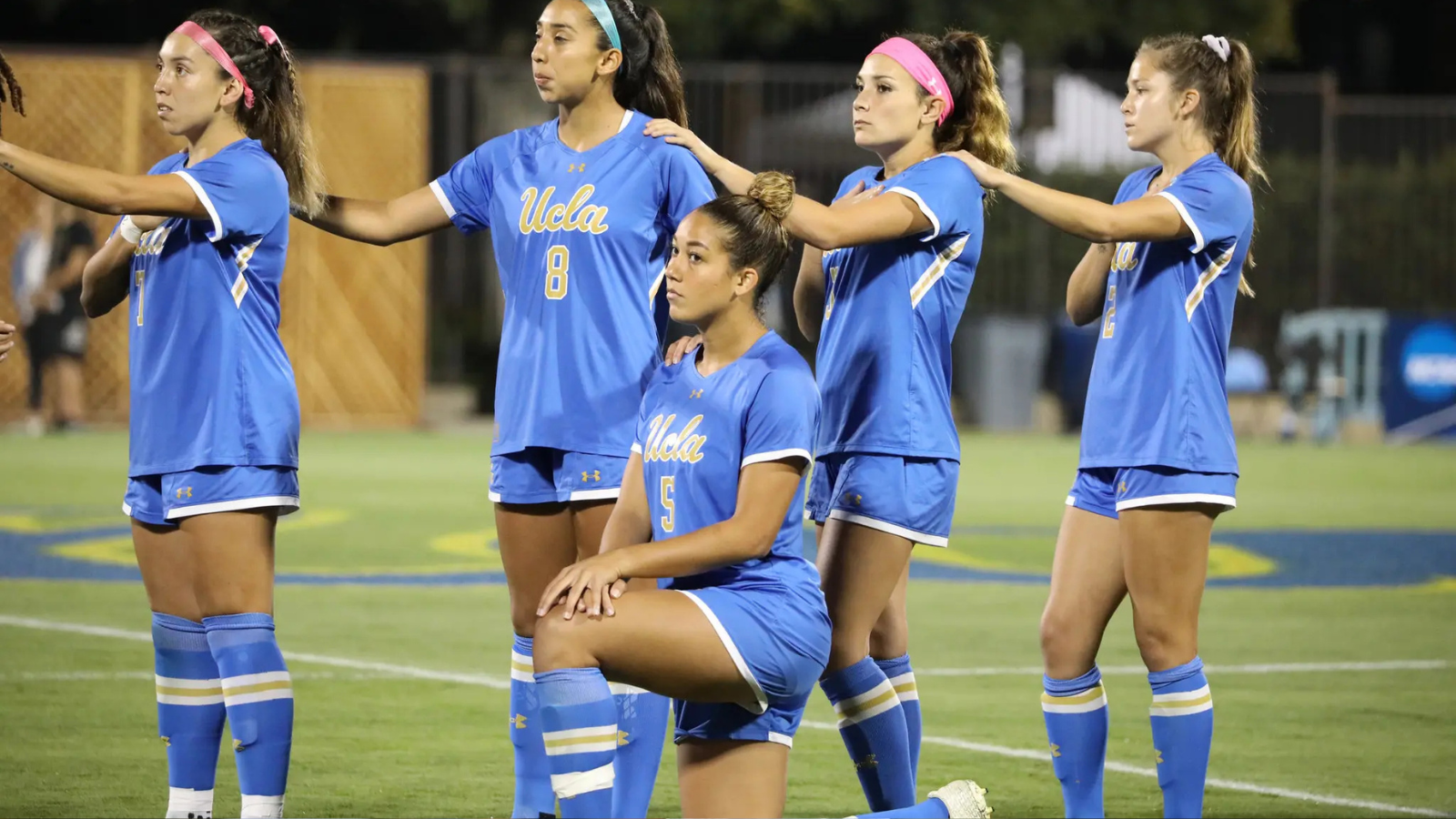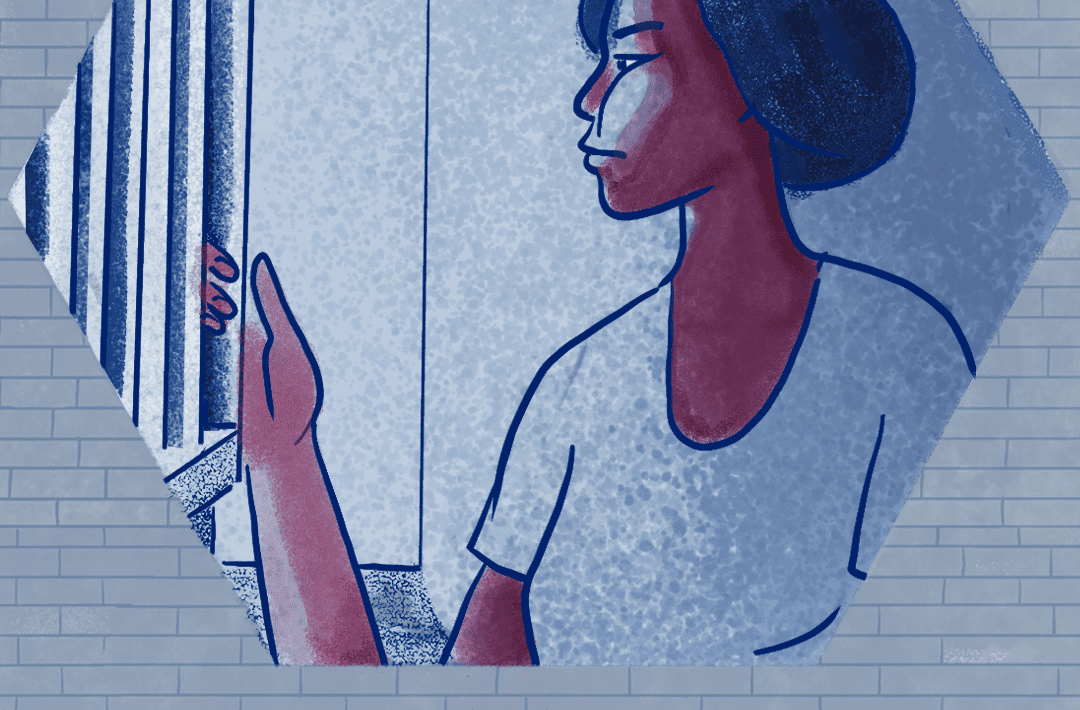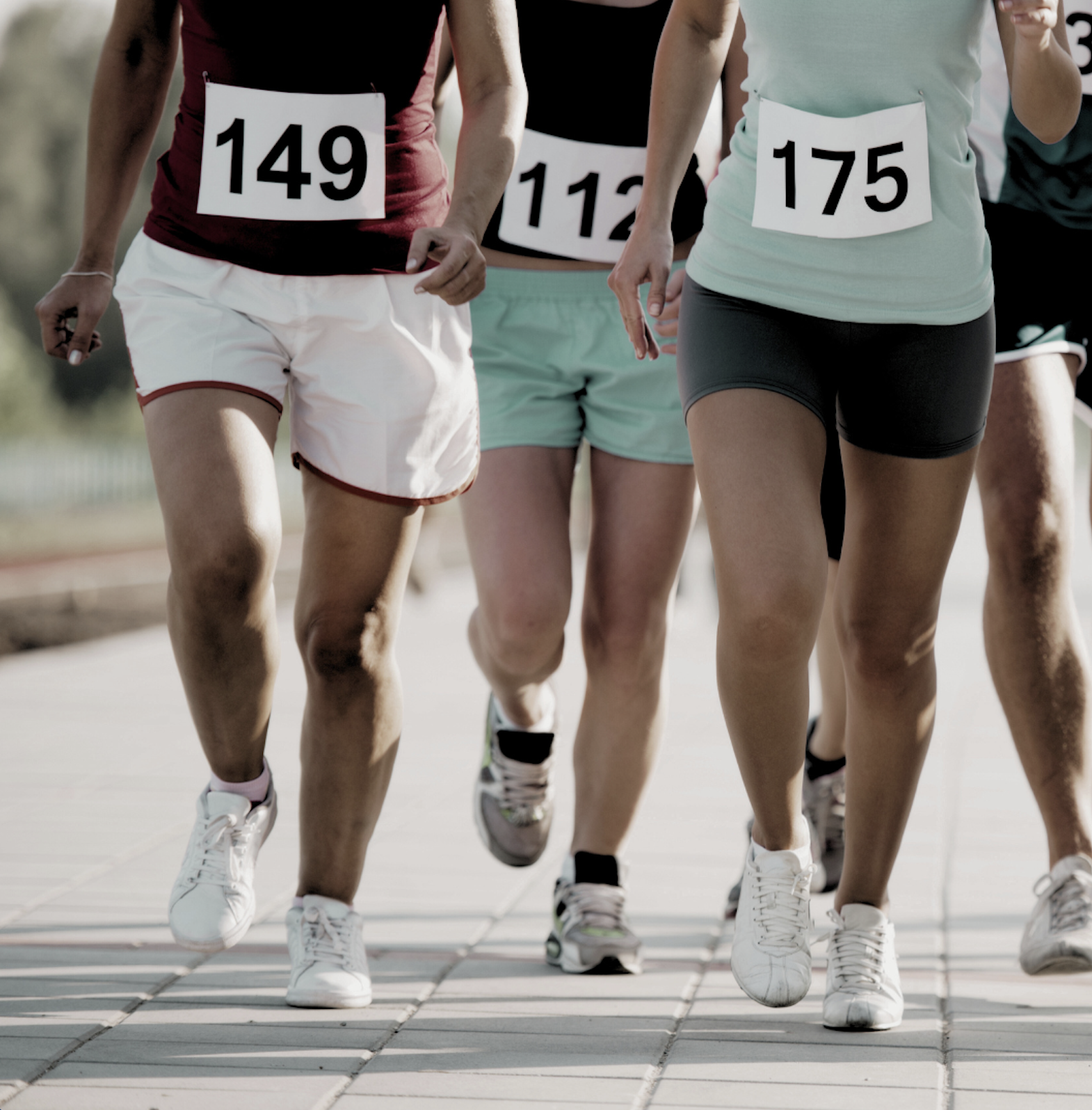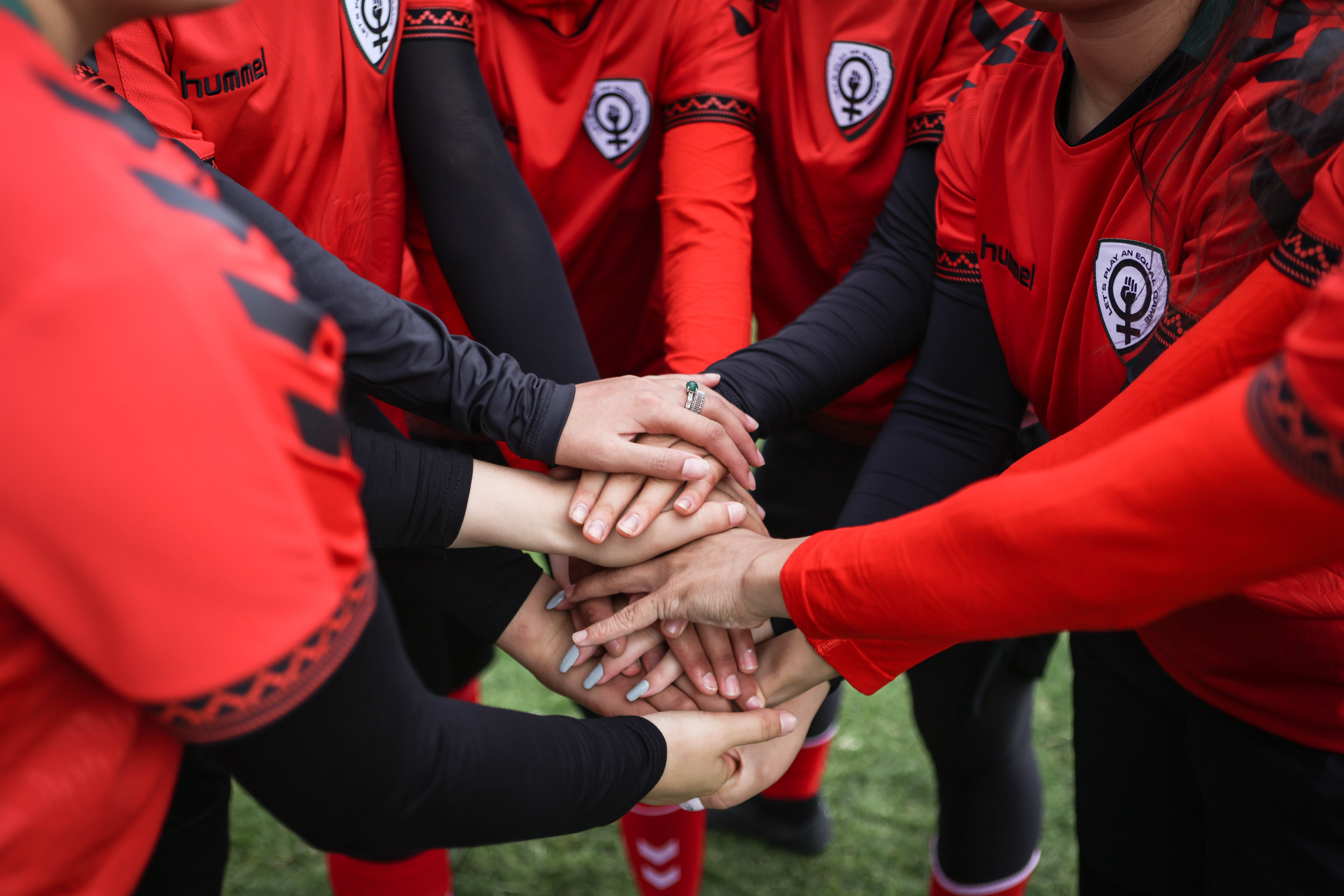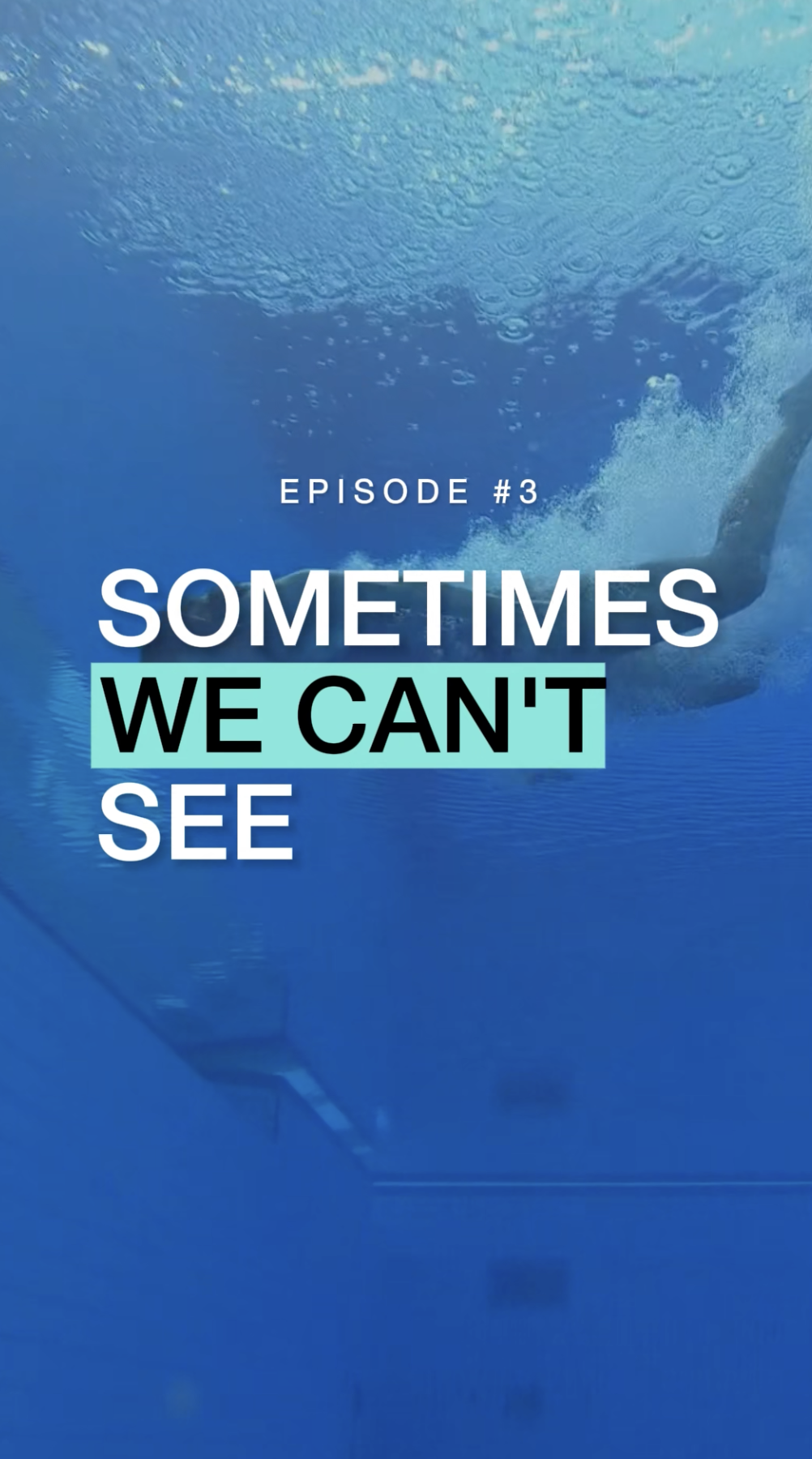(Geneva, Switzerland, 8 July 2021) — The Centre for Sport and Human Rights (CSHR) today appointed a nine-person Board of Directors as it marks the transition to an independent non-profit organisation, based in Geneva.
Launched in 2018 as a subsidiary of the Institute for Human Rights and Business (IHRB), CSHR has constructed a unique governance structure to ensure full independence and robust oversight and controls.
Now established as a Swiss association, CSHR’s governing Members are the Government of Switzerland, the Commonwealth Games Federation, the International Organisation of Employers, the International Trade Union Confederation, the World Players Association, Human Rights Watch, and IHRB.
In addition, the International Labour Organization (ILO) and the Office of the UN High Commissioner for Human Rights (OHCHR) both have permanent formal observer roles in the association. This governance structure reflects the wider sport and human rights ecosystem, the broad membership of CSHR’s Advisory Council, and through the unique participation of UN agencies, CSHR’s commitment to promoting international human rights standards throughout the world of sport.
The Founding Institutions have issued a statement upon CSHR’s Foundation which can be seen here.
A key element of CSHR’s independence is the appointment of a Board of Directors with legal and fiduciary responsibility for overseeing the organisation. A global search for Directors resulted in the appointment of nine experienced individuals committed to the work of CSHR and the Sporting Chance Principles, bringing a diverse range of professional and personal backgrounds to their roles.
The development of CSHR’s new governance structure and incorporation was led by Deputy Chief Executive William Rook, supported by David Alfrey and colleagues of the law firm Clifford Chance LLP and expert Swiss counsel. Board recruitment was overseen by a multi-stakeholder Nominations Committee drawn from CSHR’s Advisory Council, and supported by the executive search specialists Odgers Berndtson.
The new Directors are:
- Dorcas Amakobe, Executive Director, Moving the Goalposts
- Diana Chavez, Executive Director of the Private Sector Regional Centre for the Support of UN Sustainable Development Goals
- Nikki Dryden, Human Rights and Sport Lawyer; Olympic athlete
- Vincent Gaillard, Director General, European Professional Club Rugby, Co-founder of Sport & Sustainability International
- Philip Jennings, Former General Secretary, UNI Global Union, Co- Founder World Players Association
- Payoshni Mitra, Athlete Rights Activist
- Walter Palmer, Director, Dartmouth for Life; Athlete rights activist, Labour organiser, former professional basketball player
- Moira Thompson Oliver, Business and Human Rights Lawyer
- Brent Wilton, Former Global Director of Workplace Rights, Coca-Cola; former Secretary-General, IOE
A series of podcast conversations with the new Directors will be launched later this year.
CSHR wishes to thank its outgoing trustees Ron Popper, Moya Dodd, Frances House and Tim Soutar for their dedicated service to the organisation during its development.
Mary Robinson, Chair of CSHR said: “The Centre is going from strength to strength with a new governance structure and diverse group of Directors. Great credit is due to IHRB for stewarding CSHR to this point. The new governance structure is an innovative approach to having an independent organisation emerge from a multi-stakeholder process, and with the participation of UN agencies I see enormous potential for the Centre to address complex challenges in sport. I have every confidence that the new Directors will bring their wealth of experience to help the world of sport fully respect human rights.”
John Morrison, CEO of IHRB said: “This marks a new chapter for the Centre. IHRB is proud to have initiated and incubated CSHR and I’m pleased to be handing over the baton to such an esteemed new group of Directors coming from such a variety of backgrounds.”
Ron Popper, Outgoing CSHR Trustee said: “Under Mary Harvey’s leadership the Centre is in great hands with a strong team and inspiring strategy. It’s been a privilege to support the Centre’s growth alongside my fellow trustees, and I have great confidence in the exceptional new board to carry the organisation to greater heights.”
Mary Harvey, CEO of CSHR said: “We are honoured to have such a diverse group of high-quality Directors joining the Centre as it launches as an independent entity. With human rights quickly moving up the sports agenda, it positions CSHR as the key player in helping sport fully respect human rights. I look forward to working with each and every one of them as they bring their unique experience to our work.”
Statements from Founding Institutions and Permanent Observers
Dame Louise Martin, President, Commonwealth Games Federation: “The work of the Centre for Sport and Human Rights is more important than ever and fully aligns with the vision, mission and values of the CGF.
We are proud to be a founding institution of the CSHR, as we work collaboratively to promote international human rights standards throughout the world of sport. We are delighted to see CSHR continue to strengthen and grow with the appointment of an experienced and diverse Board of Directors.”
Kenneth Roth, Executive Director, Human Rights Watch: “Human Rights Watch is proud to have supported the development and growth of the Centre for Sport and Human Rights from the outset in 2015. The Centre’s unique structure elevates and centres the experience of survivors of human rights abuse so they and their partners can seek to end systemic abuse in sport. The Centre joins together human rights defenders, governments, sports bodies, corporate sponsors and UN agencies in a common quest to uphold human rights standards to protect athletes, fans, workers, volunteers, officials, communities and the media. We welcome this platform for urgent and necessary work to safeguard the rights of all people affected by sport – and look forward to working together on this important venture.”
Guy Ryder, Director General, International Labour Organization: “The ILO supports the establishment of the Centre for Sport and Human Rights. Its objectives are consistent with the roadmap adopted last year by ILO constituents at the Global Dialogue Forum on Decent Work in the World of Sport. The Centre can play an important role in attaining the principles and standards of the ILO through engaging with sports bodies regarding respect of the rights of athletes and of workers involved in sporting events. This is an important step in ensuring that decent work is realised in the world of sport.”
Roberto Suárez Santos, Secretary-General, International Organisation of Employers: “The International Organisation of Employers is proud to be a founding member of the Centre for Sport and Human Rights. Business is keenly interested in the issue and committed to protecting the rights of all athletes. The Centre is not just another international organisation, not just another multi-stakeholder initiative, not just another non-governmental organisation. It is unique as it brings all actors involved in the world of sports together to address the challenges comprehensively, recognising that each participant has a key role to play. We, at IOE, believe that it is through collective action that change will come. The Centre will connect the dots. It will connect all our activities. The Centre will also have an important role to ensure continuity in the efforts to mitigate adverse human rights impact. We don’t need to reinvent the wheel every World Cup or Olympics; we must not make the same mistake at every bidding procedure and every hosting. We need to move forward instead of in circles and the Centre will ensure that.”
Sharan Burrow, General Secretary, International Trade Union Confederation: “This unique new independent structure will help the Centre for Sport and Human Rights to fulfil its mission to bring respect for human rights at every level of sport. Sport plays a key role in the lives of a great number of people, and as an industry worth hundreds of billions of dollars, it provides jobs for millions of workers, as players and in construction, manufacturing supply chains, transport, services, administration and many other areas. These are the workers who make sport possible and they, along with fans, local communities and all those affected by sport must know that their rights are protected. The ITUC is proud to be associated with the Centre and will continue to support its mission to realise the Sporting Chance Principles.”
Michelle Bachelet, UN High Commissioner for Human Rights: “In its first three years of operations, the Centre for Sport and Human Rights has shown the value of bringing diverse actors together to harness sport’s potential in advancing the human rights agenda while ensuring greater protections for athletes, fans and all others impacted by sporting events and related policies and activities around the world. The UN Human Rights Office has been part of the Centre’s journey from the start, and we look forward to continuing our involvement as Permanent Observer, including by encouraging more stakeholders from all regions to join this vital work. Making sure that sport at every level is grounded in international human rights and labour standards is our shared vision and I welcome the Centre’s critical leadership role in making it a reality.”
Swiss Federal Department of Foreign Affairs: “As the home state of many international sports federations, Switzerland is mobilising and combining forces with different stakeholders as a founding member of the new Association of the Centre for Sport and Human Rights. Its objective in joining the Association is to help it work collectively with all stakeholders in the global sport ecosystem to effectively address the urgent and complex issues of human rights in sport. Switzerland’s engagement in this initiative is in line with the human rights objectives of its foreign policy strategy 2020-2023, reflected in the Human Rights Guidelines 2021-2024. One of the priorities of these guidelines is Switzerland’s commitment to ensuring that human rights are also respected in sport.”
Brendan Schwab, Executive Director, World Players: “The World Players Association and UNI Global Union welcome the formal establishment of the Centre for Sport and Human Rights as an important step in ensuring the advancement of the human rights of athletes and everyone who make sport possible.
We are honoured to join the ITUC, IOE, CGF, Swiss Government, Human Rights Watch and IHRB as founding members of the Centre. We also acknowledge the leadership that the expert UN labour and human rights bodies – the ILO and UNOHCHR – will continue to contribute as permanent observers.
The work to meaningfully address global sport’s human rights crisis is just beginning. Principled, courageous and sustained collective action is urgently needed. The targeting of athlete activists, suppression of athlete expression and the right to organise, and horrific cases of athlete abuse need to be prevented and remedied. The business and politics of sport cannot continue to trample on the human rights of so many people while at the same time providing cover for abusers.
By drawing on international human rights standards and principles, the Centre’s Sporting Chance Principles provide the cornerstone to address these challenges. They must now be accepted by the world of sport as non-negotiable ‘rules of the game’.
The collective effort to create the Centre presents a unique opportunity to develop and execute a common vision of a better world of sport. That vision is not only that sport should be harm free. It is not only that sport should legitimately be a true force for good. It is that sport can set the example of respect for human rights in a difficult world.”
